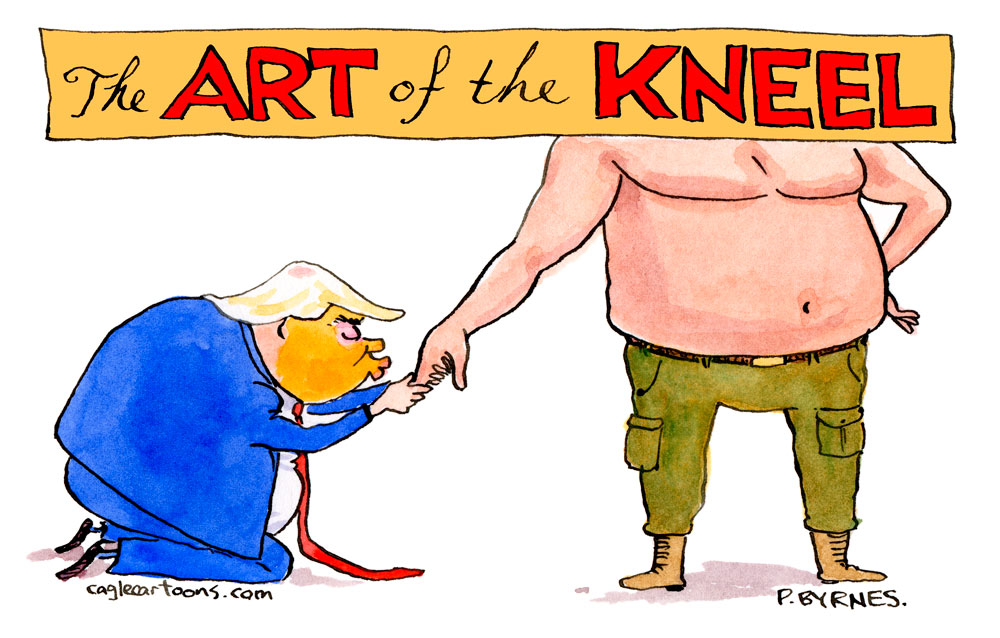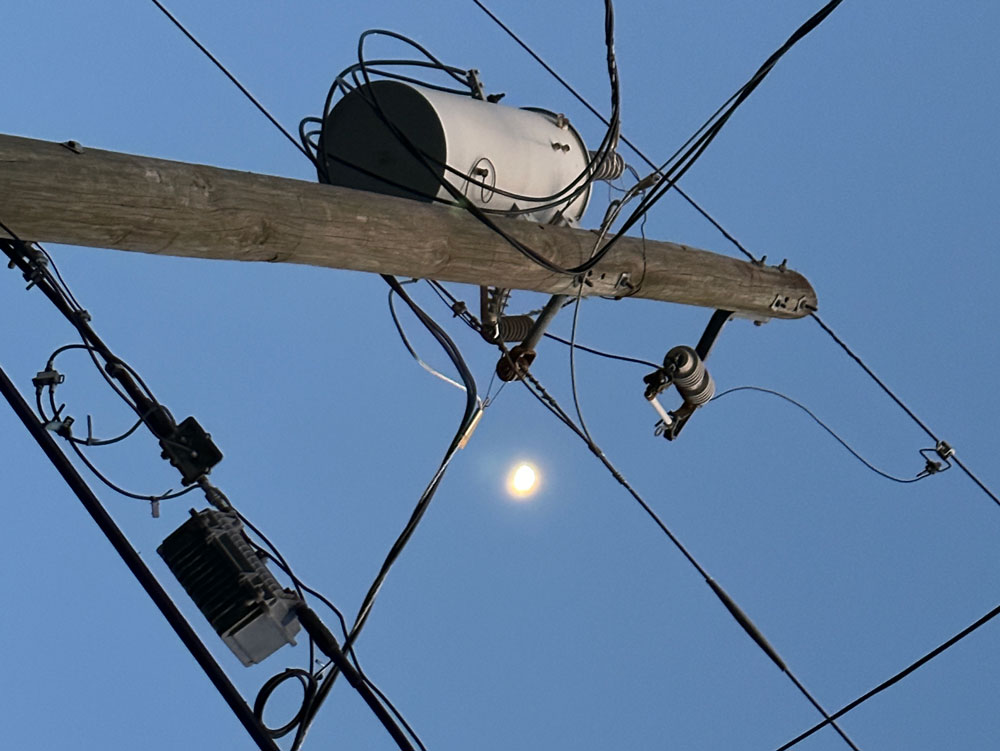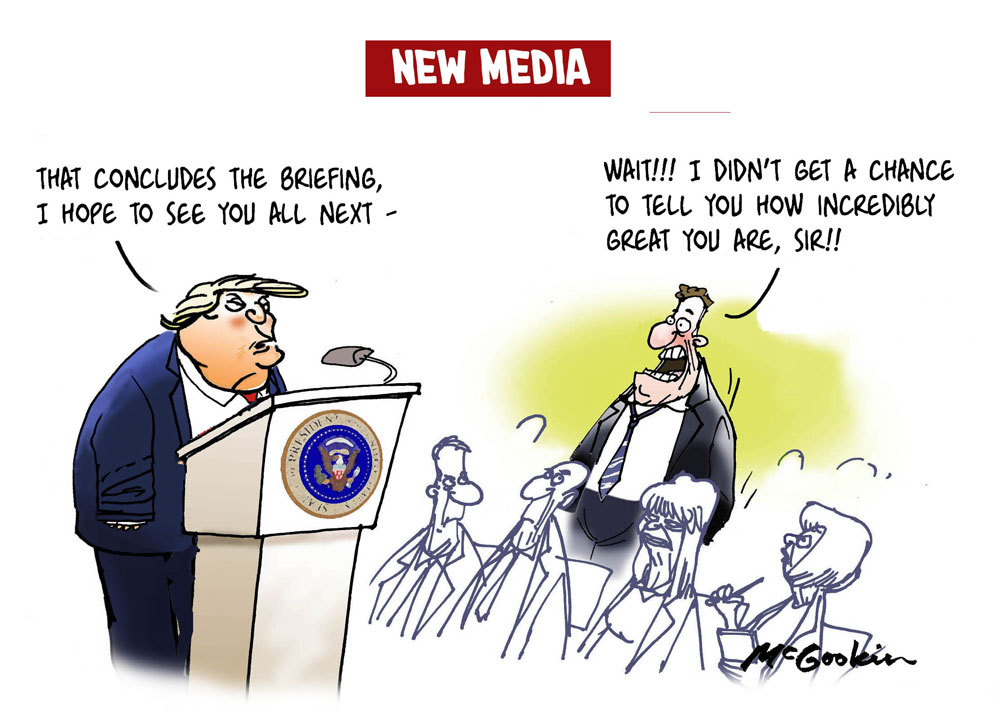A organization dedicated to preventing gun violence is urging the U.S. Supreme Court to dismiss a lawsuit challenging Florida’s law prohibiting the purchase of long firearms by anyone younger than 21.
In an amicus brief sent to the Supreme Court on Friday, Brady, the gun control organization that was once known as the Brady Campaign to Prevent Gun Violence, urged the justices to turn down the chance to rule on the 2018 state law.
Only a few weeks after 17 people were killed in the 2018 Valentine’s Day mass shooting in Parkland, then-Governor Rick Scott signed the comprehensive Marjory Stoneman Douglas High School Public Safety Act into law, which included that clause.
James Uthmeier, who was appointed as the state’s attorney general by Governor Ron DeSantis earlier this year, declared in March that he and the governor think the law is unconstitutional. He added, “I am directing my office not to defend this law if the NRA decides to seek further review at SCOTUS.”
In May, the NRA submitted their petition for certiorari. It requests that the justices of the Supreme Court examine the disagreement among federal circuit courts regarding the Second Amendment rights of adults under the age of twenty-one. While the Tenth and Eleventh Circuits have maintained statutes prohibiting the purchase of firearms by adults under the age of 21, the Third, Fifth, and Eighth Circuits have decided that they do.
The Florida Office of Legal Affairs’ acting solicitor general, Jeffrey DeSousa, has responded to the NRA’s petition with two 30-day extensions thus far. His response is now due at the high court by August 20.
Uthmeier is under fire from the Brady group for not standing up for the legislation.
According to Douglas Letter, chief legal officer for Brady, “the Republican majorities in the Florida Legislature and Republican Governor Ron DeSantis worked together on a commonsense age requirement for purchasing and receiving firearms after the horrors at Stoneman Douglas in Parkland in 2018 and brave advocacy by traumatized survivors.” Letter also forgot that Rick Scott signed the law.
Letter said in a statement that similar age restrictions have existed since the country’s founding and that they are in line with current scientific understanding of how the brain develops physically as well as our ever-growing understanding of how the mature brain functions.
Attorney General Uthmeier shamefully disputes these facts and the law’s effectiveness in saving lives and lowering the state’s juvenile gun mortality rates by refusing to carry out his duties. This bipartisan achievement should continue if the Supreme Court rejects the NRA’s profit-driven plea.
A bill (HB 759) that would reduce the legal age of purchase for shotguns and rifles in Florida from 21 to 18 was passed by the Florida House in March. The chamber did so for the third consecutive year, but both times the measure was never passed by the Florida Senate, therefore it never became law.
“I do expect the state to file a response in the NRA case,” says Bob Jarvis, a professor of constitutional law at Nova Southeastern University’s Shepard Broad College of Law. He adds there is a parallel to how a number of blue states responded to the changing issue of same-sex marriage ten years ago.
“The attorneys general of California, Illinois, and Pennsylvania, among others, declined to defend their states’ same-sex marriage bans in the Obergefell case a few years ago,” he said. Rather, they submitted an amicus brief in favor of Obergefell. In this case, I would anticipate that Florida would follow suit—that is, not defend Florida law and submit an amicus brief in favor of the NRA.
Florida’s Mitch Perry The Phoenix











